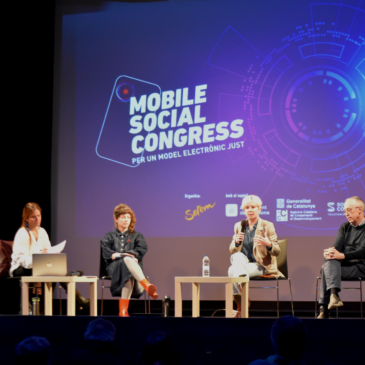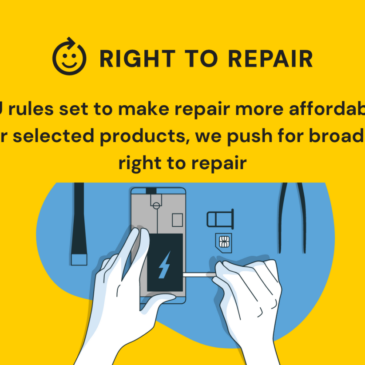The Mobile Social Congress concludes: an essential space to expose human and environmental rights violations in the technology industry
The MSC, organised by SETEM Catalunya, brought together specialists from all over the world to reflect on the future of digitalisation, faced with the growing importance of information technologies Likewise, human rights abuses behind mining and electronics industry supply chains were also highlighted The Mobile Social Congress (MSC), which was held the same week as the Mobile World Congress, has established itself as an essential space for raising awareness about … Read More



